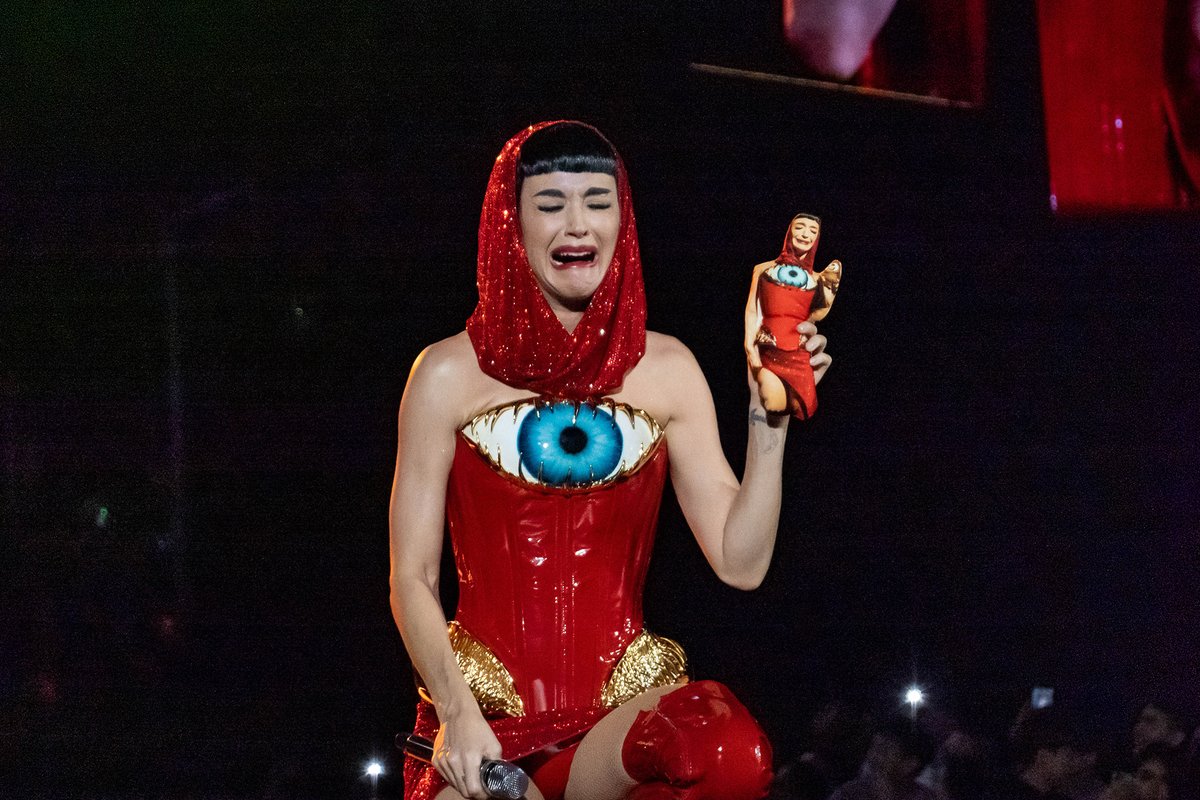We’re proud to present the first in what will be an ever-expanding Radii podcast network: Wǒ Men, produced by two Chinese women who will discuss weekly topics that affect their everyday life in Beijing.
We sat down with hosts Yajun Zhang and Jingjing Zhang (no relation) to discuss what to expect, and also learn more about this inaugural episode, where they talk gender equality with Chenni Xu, co-chair of the Women’s Initiative at her company.
What subjects will you cover?
Yajun: It could be work, lifestyle, culture, love, politics … basically anything that relates to our lives in this fascinating country.
Jingjing: Through this podcast, we want to share stories and views about our lives in China from the INSIDE. And as aspiring professional women, we hope that we’ll bring the new perspectives that perhaps aren’t always part of the discussion.
What are the things you want to say?
Yajun: Very different from our parents’ generation, we are the generation, born in the 80s, that most benefitted from the perks of the rapid development of China – this means we had the opportunity to receive higher education, to consume the most cutting-edge technology, and to experience and explore the world the way our parents could never dream of. The generation gap in other countries that might span a century is condensed into two generations here in China. This kind of rush left a clear mark on every one of our generation, a generation born in the old and having to make a life in the new.
Both Jingjing and I work in corporate communication/PR industry. As part of our job, we consume lots of information every day and develop them into thoughts and opinions. At work, our value comes through opinions and perspectives. In life, we’ve come across so many people that aren’t used to women who have strong opinions. So we built this platform for ourselves and for many Chinese women — who, like us, have a lot to say — to have a channel to share their stories and thoughts.
Jingjing: It can be overwhelming to live in a city like Beijing that is the center of change, and contradiction. I find observing what’s happening around us and spending time asking “why” helped me put things into perspective. Through this podcast, we’d like to share observations and exchange ideas with guests about living in China, and hopefully provoke some thoughts and debates along the way. I feel our experience gives us a unique perspective on many things; we are understanding, critical, embracing, and paradoxical.
What’s up with the logo and your name?
Yajun: “Wo Men” (我们) means “us” in Chinese, so to us it’s Wo Men and Women. I will explain more, but first I have to say the most difficult part of doing a podcast is naming the podcast. We tried so many different names, “Generation Beijing,” “China Perspective,” “Nv China Perspective,” and hundreds more! In the end, we were so fed up that we almost decided just to use the name Zhang and Zhang, because we’re both surnamed Zhang.
Jingjing: Luckily, one of our very close friends suggested, since it’s our podcast, why don’t you just call it “我们” podcast, which means “us” in Chinese and also is spelled the same as “women,” which we happen to be (haha). We immediately fell in love with it because it is just “us.”
Who are Jingjing and Yajun?
Jingjing: Yajun and I have known each other for a long time. We are former colleagues and became best friends. We are so close that we can debate each other without worrying about our friendship.
Yajun: We also share similar experiences, both having grown up in China and studied abroad, and now once again living and working in Beijing.
Why podcast?
Yajun: Oh, I have been planning this for many years. Since the first time I listened to This American Life many years ago, I knew I wanted to make a this-is-Chinese-life podcast. As a former journalist for the Christian Science Monitor in the Beijing bureau for four years, I traveled to many parts of China and talked to many people with very different identities, from farmers to very senior officials. Each one of them has a fascinating story.
Jingjing: I always had a “journalist” dream! I went to university in the UK and studied radio journalism when I was 19 as the only non-native English-speaking person in my year (it was so difficult to find a university that accepted a foreign student into its journalism course!). Having spent most of my university time interviewing strangers speaking in a different language and editing recordings in the studio, I was deeply fascinated by listening to people’s stories from all walks of life and sharing them through audio waves.
What’s in the first episode?
Yajun: In spring 2010, a young Chinese-American female master’s student visited a large spa in Shenzhen during a trip to Hong Kong. At the time, she saw for the first time female migrant workers working there as masseuses, and spoke to them. And when she saw a computer panel with pictures of identical looking girls that male patrons could choose from, and the type of work they had to do, she became aware of the gender inequality issues and the situation that female migrant workers find themselves in. Ever since, she’s been interested in this topic, and subsequently developed her dissertation on gender equality issues in China and continued her field research during her further studies. She is now a professional working and living in Beijing, and is our very first guest: Chenni Xu. Now working at Brunswick Group, Chenni’s passion for gender equality continues – she co-chairs the Women’s Initiative at her company, speaks on the topic (most recently at the first women’s debate event in Beijing held by the China Debate Association), and is a member of the Beijing Women’s Network.
Jingjing: Chenni will join Yajun and myself to discuss gender inequality in China. We will look at perceptions of socially accepted gender roles and expectations and how this is perpetuated in the family, school and workplace, and how to stop the vicious cycle of social programming. We also look at the up-and-coming women’s network and feminism scene in China, and the gender issues that appear in our everyday lives and how should we address them.
Other episodes can be found here.
Have thoughts or feedback to share? Want to join the discussion? Write to Yajun and Jingjing at womenpodcast@outlook.com.
















